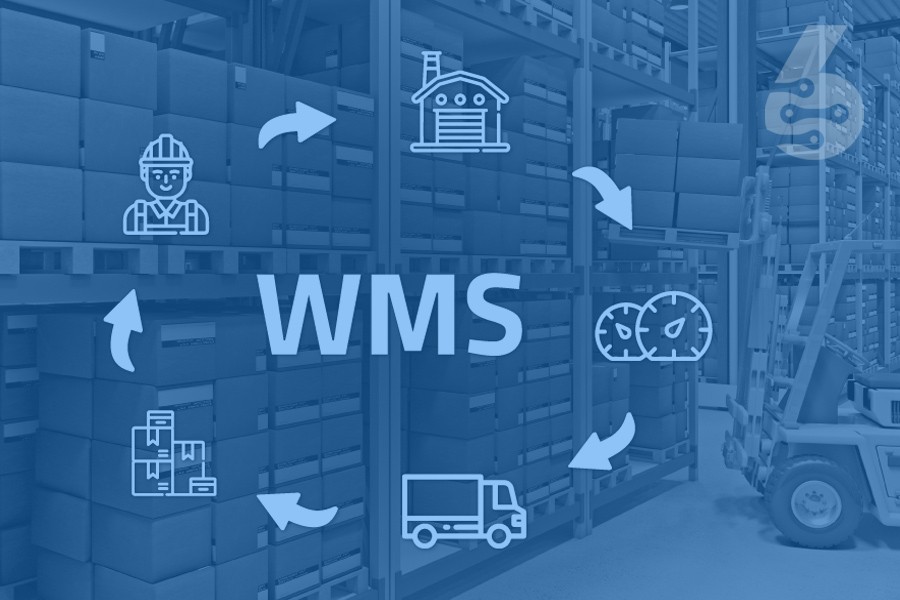Supply chain management (SCM) is the process of planning, organizing, and controlling the flow of goods, information, and resources between the different parts of the supply chain to meet customer requirements in a timely and cost-effective manner.
The term "supply chain management" was first coined by Keith Oliver of Booz Allen Hamilton in 1982. The concept of SCM began to gain traction in the early 1990s as businesses realized the importance of having a coordinated and integrated approach to managing their supply chains.
SCM involves all activities in the procurement and distribution of goods or services, from supplier to customer. It includes both upstream (supplier-related) and downstream (customer-related) activities.
The main objective of SCM is to ensure that the right products or services are delivered to the right place at the right time while minimizing costs and maximizing value. In other words, SCM is about getting the right things to the right people at the right time, most efficiently and effectively as possible.
SCM is a complex process that involves coordination and collaboration between different parties, including suppliers, manufacturers, distributors, retailers, and customers. To succeed, SCM requires an integrated approach that considers all aspects of the supply chain.

Related Blog Articles

Warehouse management systems (WMS) explained – Managing modern businesses.
Warehouse operations are at the heart of many businesses, enabling the smooth and efficient flow of goods to customers. However, managing inventory, orders, shipping, and personnel in one or more warehouses is an enormously complex undertaking. Errors and inefficiencies in warehouse management can lead to product shortages, delayed shipments, and deteriorating customer service. At this point, a robust warehouse management system (WMS) is essential. A WMS is software that helps control...
Understanding Warehouse Management Solutions
A warehouse management system (WMS) is a software application that supports the day-to-day operations in a warehouse. A WMS helps to control and direct the movement of materials within a warehouse and plays an essential role in optimizing the efficiency of these operations. There are many things to consider when implementing a WMS, from the size and layout of your warehouse to the type of products you're storing. This blog...Related SIX ERP Solutions:
Related SIX ERP Features:
Want to see SIX for yourself?
Need help, have questions or want to get a free demo?
Please read our Privacy Policy on how we process personal data. We will never share your data!



